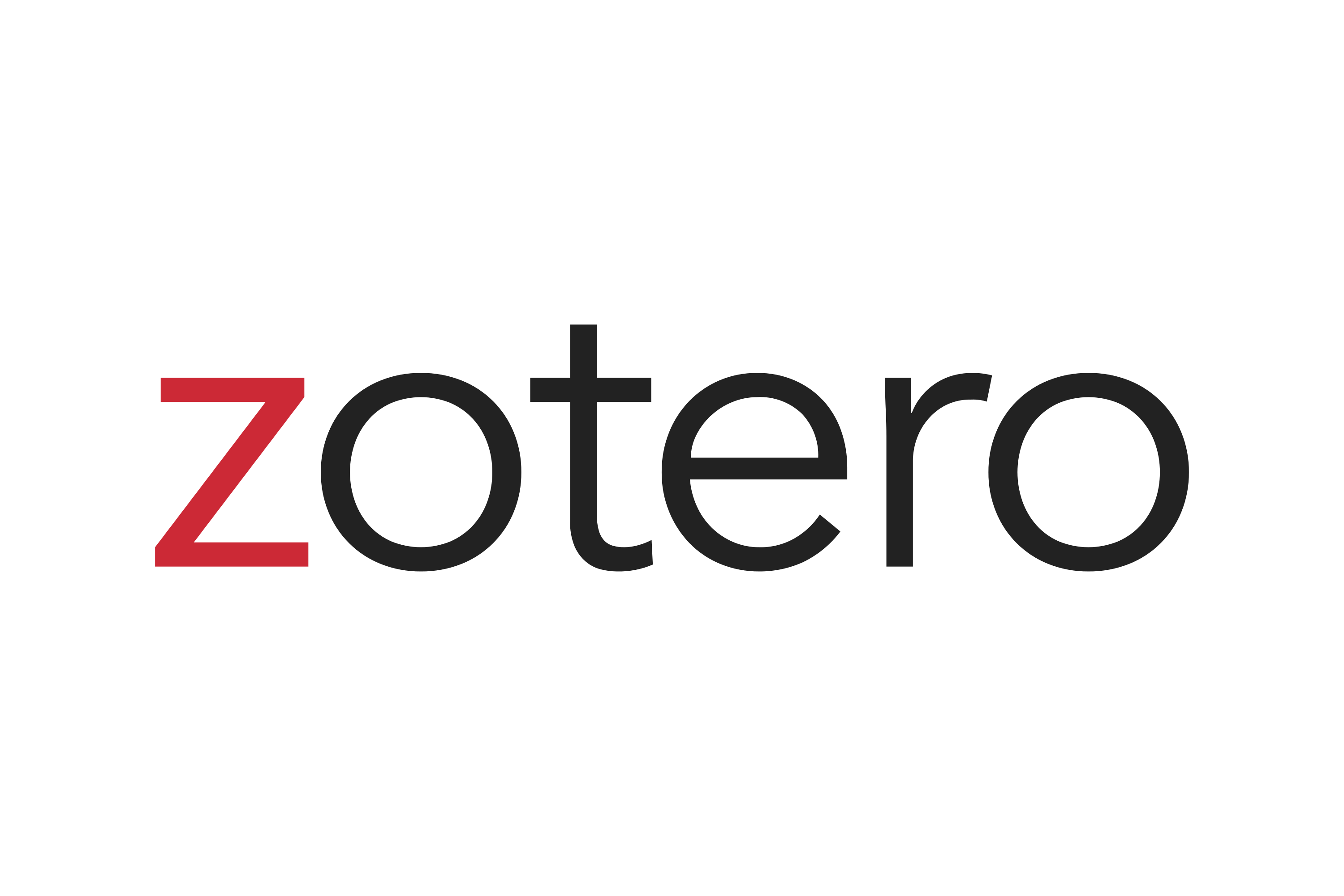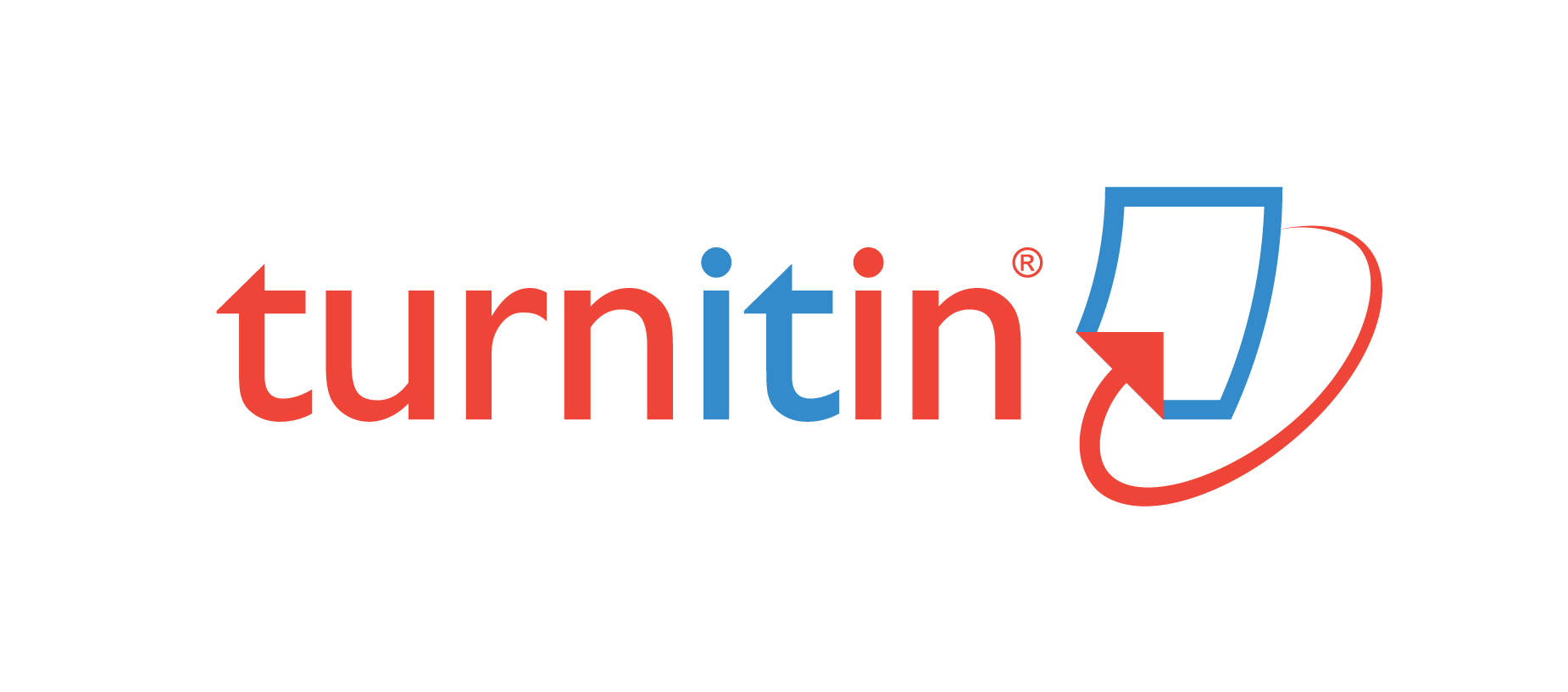bahasa indonesia
DOI:
https://doi.org/10.32678/alfath.v14i2.3675Kata Kunci:
Tafsir Holistik, Tafsir era Revolusi 4.0, Tafsir Tematik IntegratifAbstrak
Tafsir Integratif Holistik memiliki akar yang kuat dalam ranah geneologi Tafsir Alquran Kontekstual. Era modern melahirkan metode tafsir tematik, selanjutnya era postmodern hingga era revolusi industri 4.0 melahirkan tafsir tematik integratif. Selanjutnya, tafsir tematik integratif ini dapat menjadi alternatif bagi dilakukannya sebuah penafsiran yang holistik melalui beberapa tahapan produksi tafsir Alquran berikut: 1. Tafsir Tematik Makna Inti Alquran, 2. Tafsir Tematik berbasis Integrasi Keilmuan modern, 3. Tafsir Tematik berbasis Konsepsi Alquran, 4. Tafsir Tematik berbasis Kosa kata Alquran, 5. Tafsir Tematik berbasis Problem Realitas. Maka karakter utama yang dapat dijadikan pilihan bagi jurusan Ilmu Alquran dan Tafsir kedepan dalam menghadapi era Revolusi Industri 4.0 adalah mengembangkan penafsiran Alquran yang holistik berbasis solusi terhadap problem realitas keindonesiaan.
Unduhan
Referensi
##submission.downloads##
Diterbitkan
Cara Mengutip
Terbitan
Bagian
Lisensi
Copyright Notice

Al-Fath: http://jurnal.uinbanten.ac.id/ is licensed under a Creative Commons Attribution-ShareAlike 4.0 International License
An author who publishes in Al-Fath agrees to the following terms:
- Author retains the copyright and grants the journal the right of first publication of the work simultaneously licensed under the Creative Commons Attribution-ShareAlike 4.0 License that allows others to share the work with an acknowledgment of the work's authorship and initial publication in this journal
- Author is able to enter into separate, additional contractual arrangements for the non-exclusive distribution of the journal's published version of the work (e.g., post it to an institutional repository or publish it in a book) with the acknowledgment of its initial publication in this journal.
- Author is permitted and encouraged to post his/her work online (e.g., in institutional repositories or on their website) prior to and during the submission process, as it can lead to productive exchanges, as well as earlier and greater citation of the published work (See The Effect of Open Access).
Privacy Statement
The names and email addresses entered in this journal site will be used exclusively for the stated purposes of this journal and will not be made available for any other purpose or to any other party.










